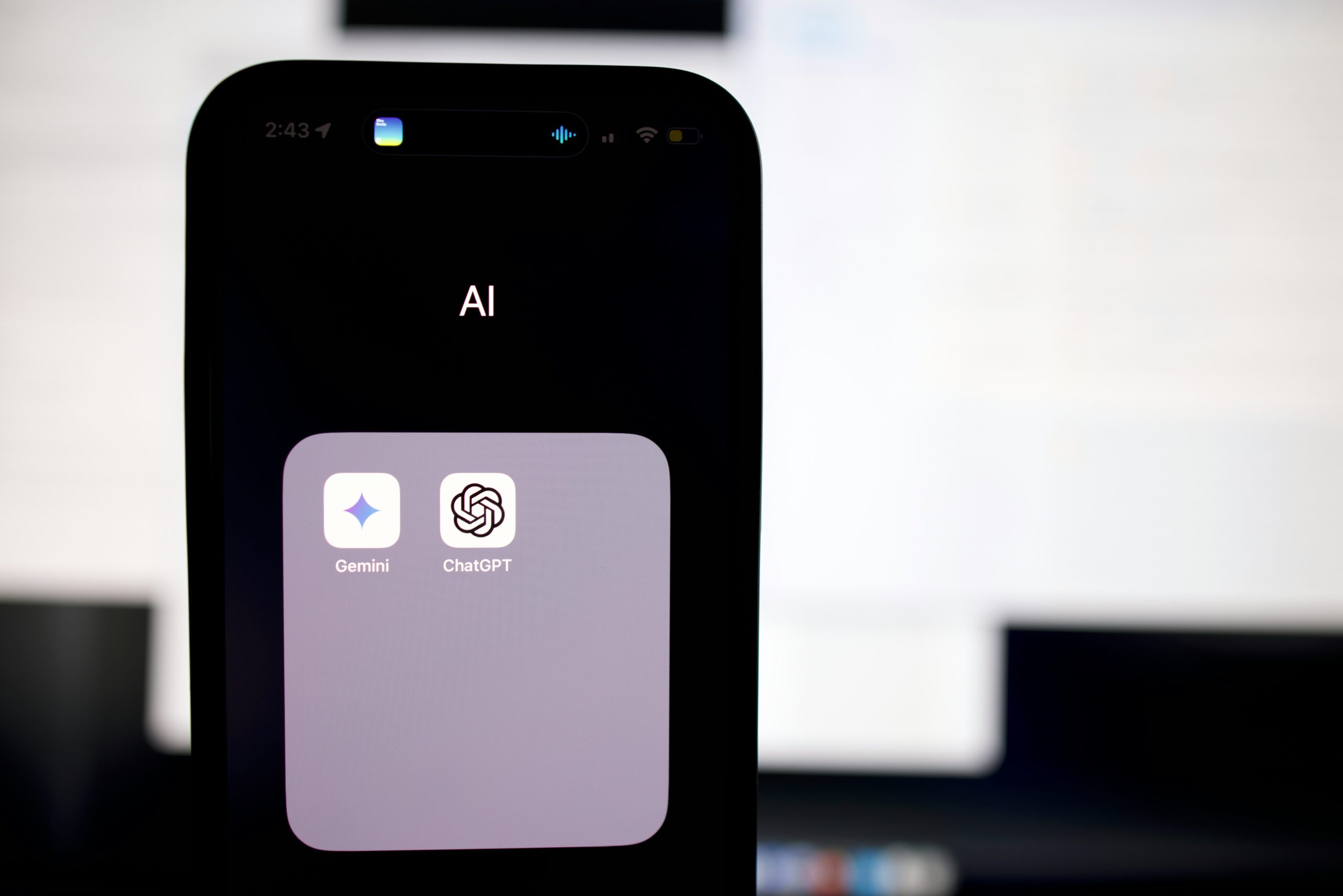In the days before person specifications (PS) and certainly before Artificial Intelligence (AI) personality could outweigh qualifications and experience in getting a job. I remember my manager Clare telling me that’s how she got her first management post. The recruiter put more weight on the supporting letter than her thin application form. This wouldn’t happen today. Rightly so. In a laudable effort to remove bias and eliminate discrimination HR teams required every post to have a PS that relates to the written Job Description (JD) and that short listing should be against the essential criteria( experience , qualifications, knowledge). Clare wouldn’t even have got an interview under this process.
Clare who was a champion of EDI would agree that this was a positive development. But is the modern AI automated recruitment increasingly used by HR a step forward or backwards? Is it a case of throwing the baby out with the bath water? Do AI- automated systems that aim to eliminate any subjective human bias overlooking candidates personal skills and contribute to creating a dehumanising environment for job seekers who spent hours crafting a supporting letter or completing the Additional Information section only for these to be over ruled by an AI straight jacket.
A candidates employment record and educational/vocational qualifications don’t tell a recruiter how relevant the candidates experience is nor does it show how the candidate has applied their knowledge and skills in their previous posts. The supporting letter allows the candidate to provide examples of how their previous experience (inside and outside of paid employment) has equipped them with the skills and knowledge to be effective in the post.
The supporting letter also provides an opportunity to refer to challenges the candidate has addressed /overcome allowing them to identify their personal qualities such as stamina and persistence, their values such as integrity, or their belief in openness and transparency as a manager and benefits of a diverse workforce. Values and beliefs that the organisation expounds in its corporate documents( Annual Report, Business Plan, mission statements)
A dehumanising culture isn’t just an over reliance on AI automated recruitment systems or giving out mass dismissing notices by text it’s evident in how unsuccessful candidates are treated. Is the unsuccessful candidate “ghosted” as in “if you don’t hear from us within 3 weeks you can assume you have been unsuccessful “ or do they revive a short standard non personal text/email to say that,” The standard of applicants was very high and on this occasion we will not be inviting you to interview”. If the organisation is dealing with large numbers of applicants a standard if rather impersonal response is regrettably inevitable but a very different response is warranted for those who were interviewed.
Unfortunately in my experience organisations in general are not good at giving feedback to unsuccessful candidates. The manager who is very happy to telephone the successful candidate with the good news is less enthusiastic about contacting the unsuccessful candidates. In the worst cases they leave it to someone else (HR admin) or have HR send out a standard thanks for your interest in this post but on this occasion….
The blow of being rejected , following an interview process the individual invested a lot of time and emotional energy in, is softened by detailed feedback which helps the individual understand why they weren’t successful and makes them feel they now know how to do better next time. When I was responsible for giving feedback to candidates I went through the questions the panel asked and the candidates response acknowledging and praising good response and identifying weak or thin responses ,explaining what the panel would have considered a good or better answer. ( Hopefully it would be standard practice to provide such a detailed response for an internal candidate, why not for external candidates)
An organisation that gives helpful instructive feedback creates a positive feeling which will lead the unsuccessful candidate to feel positive about the organisation, be more likely to look for other opportunities with this organisation and be a good ambassador for the organisation’s human approach to recruitment.







